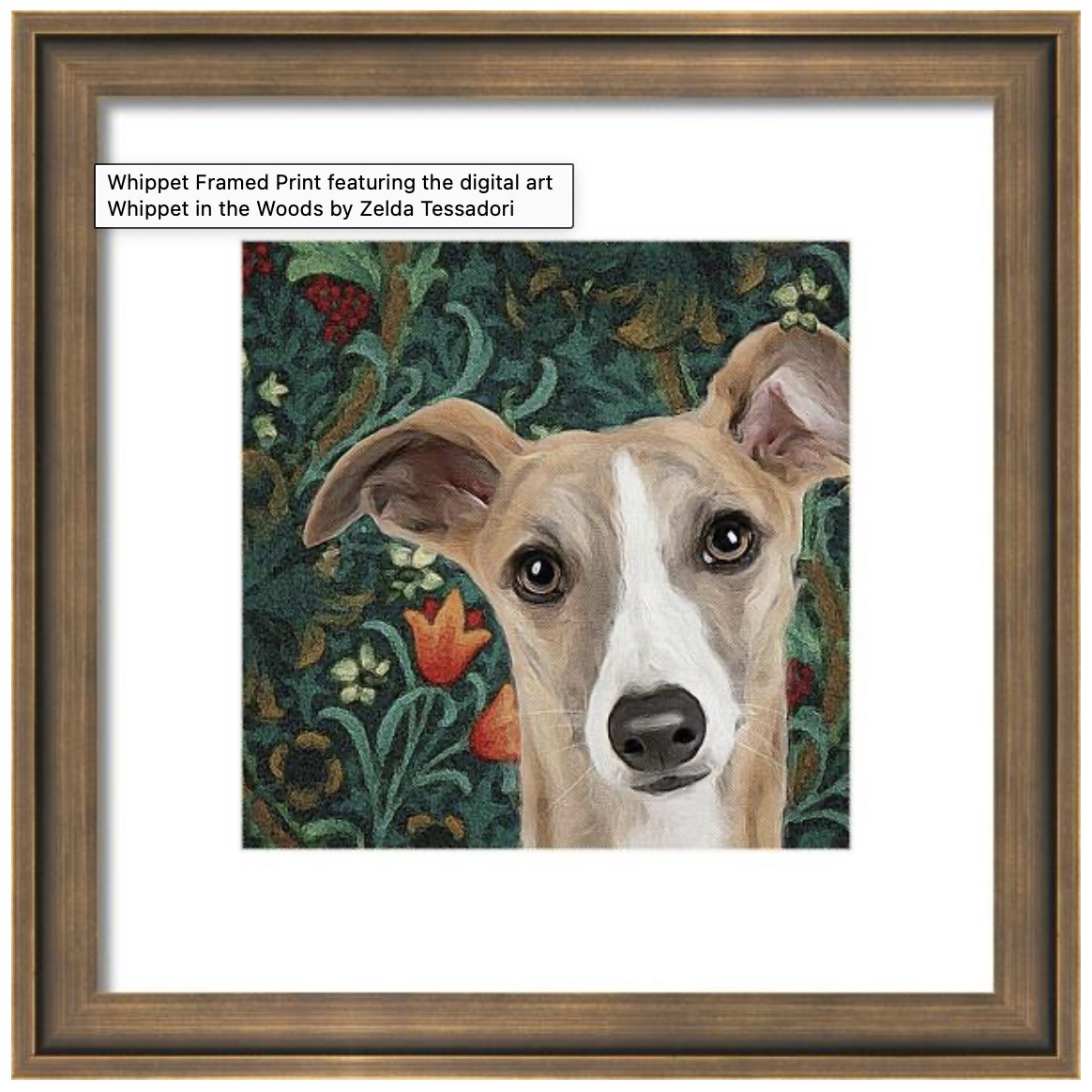Whippet Barking: Causes and Solutions
How to deal with excessive whippet barking, find the causes and provide a solution.
Whippets are well known for being a quiet breed but sometimes, like any other dog, they can become overexcited and turn too vocal for our taste and that of our neighbors.
There are various reasons why a dog would bark and some are perfectly acceptable like when they try to alert us. Nevertheless, if the alarm becomes excessive or compulsive it gets useless and has to be curbed.
First of all we must try to understand the causes of this unpleasant behavior and find out what our dog is trying to communicate.

Causes of Whippet Barking
Is your dog trying to protect his territory from the invasion of other dogs or animals? Is he displaying aggressive behavior when another dog approaches?
Do you leave your dog alone for many hours and he becomes vocal trying to get the attention of his human pack?
Is he bored and trying to get your attention to go out and play?
Solutions
Shouting at your dog won’t work because he will probably think you are joining him in the commotion and it will only make matters worse.
Make sure your dog has had enough exercise during the day. A tired whippet is less excitable and more manageable.
Prevent the whippet barking from becoming an unstoppable frenzy by calling him and, once he has calmed down, offer a treat. After all a chewing dog cannot bark.
Limit the territory he has to defend by bringing him inside, limiting his view and crating him at night.
Crating limits the territory your dog must defend and will help him relax and feel safe.
Put the crate in your bedroom for further reassurance and, if he starts barking, knock on top, this will distract him from compulsive barking.
If you think your whippet barking is due to boredom, try to provide entertainment with toys or a plastic bottle filled with his ration of kibble. Sometimes a companion whippet may help.
Be careful not to reward unintentionally your whippet barking by immediately providing what he is looking for, may it be attention, food or a walk. Wait until he calms down and only then offer the reward.
Antibark Birdhouses, Collars and Pherormones
Antibark devices that emit high frequency sounds or citronella collars may work, especially if you are right there to reward the good behavior.
These gadgets though, present a risk: while repressing the barking, they may increase the level of anxiety and trigger an aggressive response. There is a chance your dog may turn barking into biting.
Another gentler and safer method to quiet your whippet in your absence could be a pheromone collar.
Pheromones are an olfactory form of communication that affects the behavior.
In the form of collars or spray, synthetic pheromones can be used to calm and relax in case of separation anxiety, noise phobia or in any of the many unnatural situations we put our pets through.


